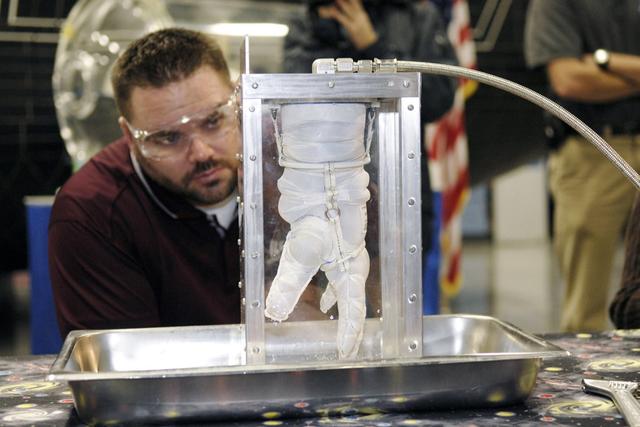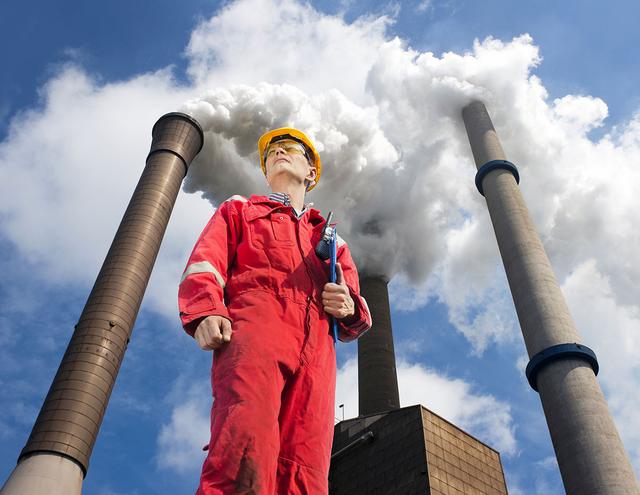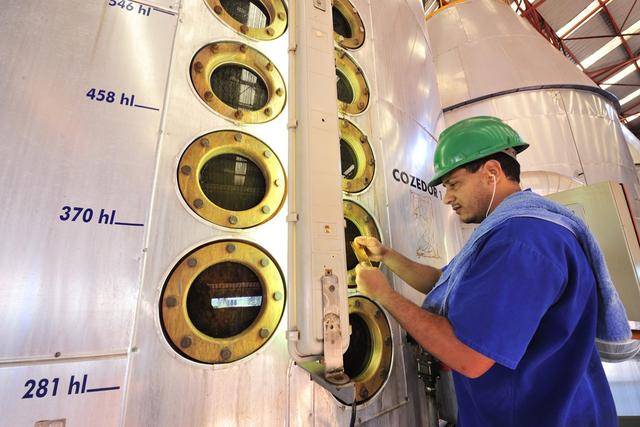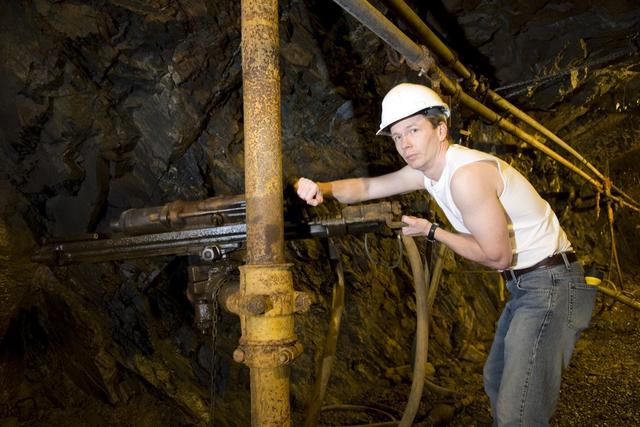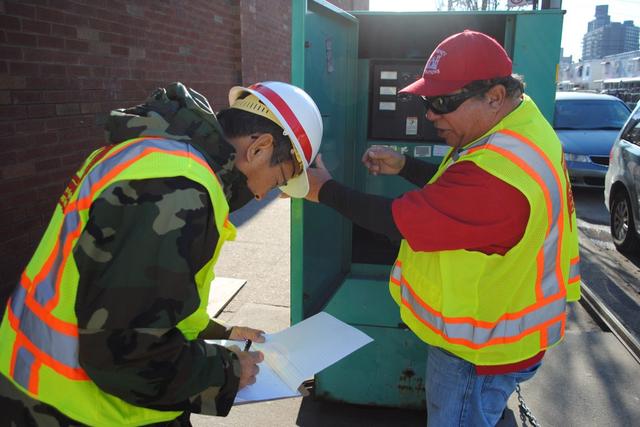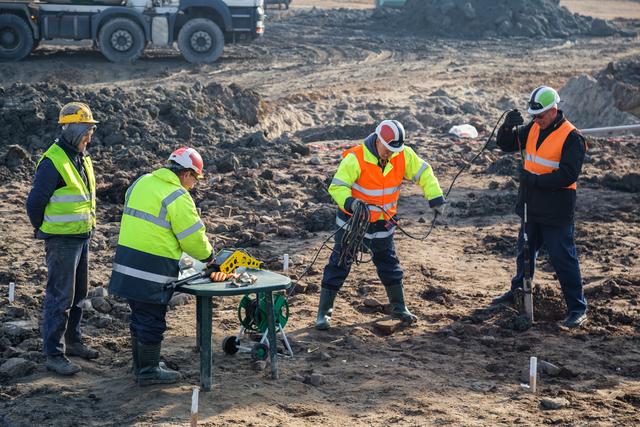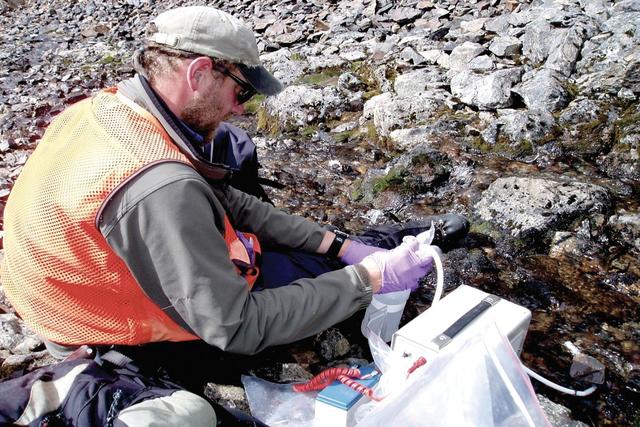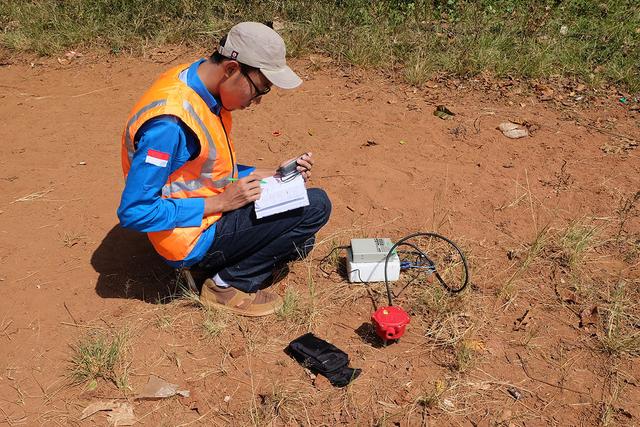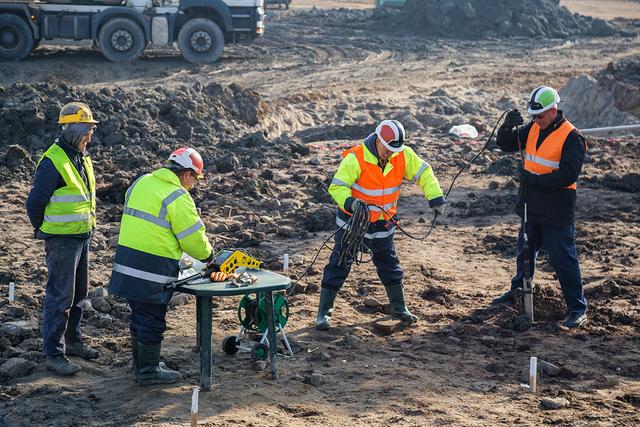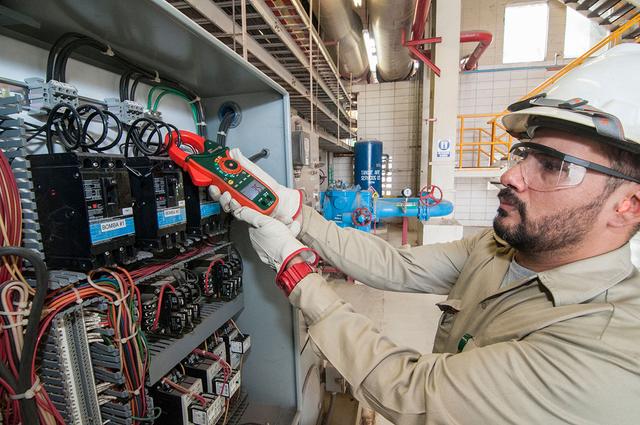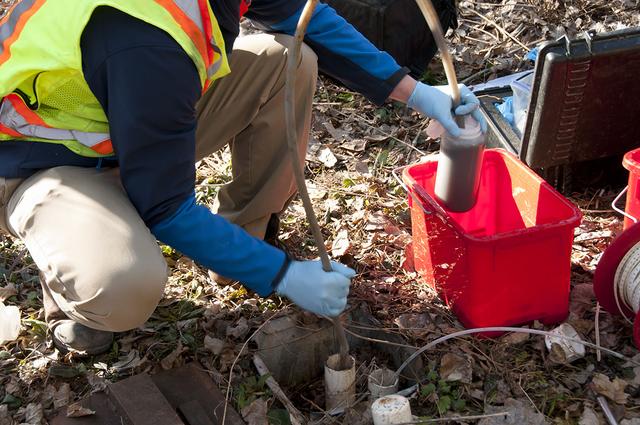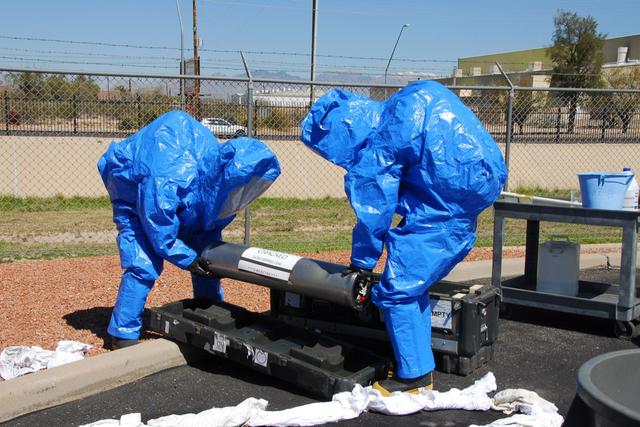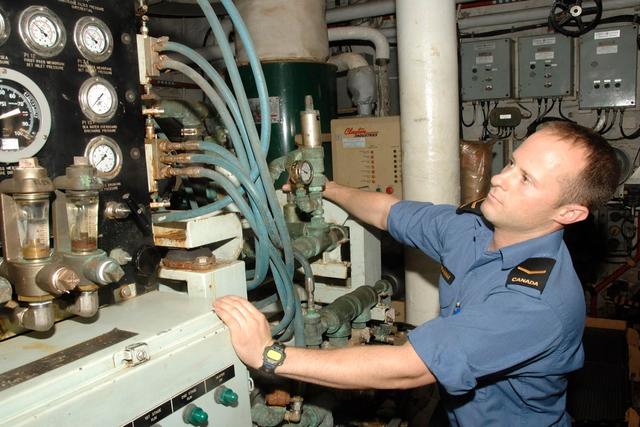Petroleum Engineers
Overview
Introduction
Petroleum engineers apply the principles of geology, physics, and the engineering sciences to the recovery, development, and processing of petroleum. As soon as an exploration team has located an area that could contain oil or gas, petroleum engineers begin their work, which includes determining the best location for drilling new wells, as well as the economic feasibility of developing them. They are also involved in operating oil and gas facilities, monitoring and forecasting reservoir performance, and using enhanced oil recovery t...
Quick Facts
Median Salary
Employment Prospects
Minimum Education Level
Experience
Skills
Personality Traits
Earnings
According to the U.S. Department of Labor, in May 2018 the median annual salary for petroleum engineers was $137,720. The lowest paid 10 percent earned $79,270 or less. The top 25 percent earned $193,430 or more. The Society of Petroleum Engineers reports that its professional members working in the upstream oil and gas industry reported average total compensation of $197,619 in 2019.
Sa...
Work Environment
Petroleum engineers work all over the world: the high seas, remote jungles, vast deserts, plains, and mountain ranges. Petroleum engineers who are assigned to remote, foreign locations may be separated from their families for long periods of time or be required to resettle their families when new job assignments arise. Those working overseas may live in company-supplied housing.
Some pet...
Outlook
Employment for petroleum engineers is expected to increase slower than the average for all occupations through 2028, according to the U.S. Department of Labor (DOL). The need for engineers to support mining activities, specifically, will support job growth. However, as always, oil prices will be a major determining factor when it comes to employment conditions in the industry. Some employment o...


